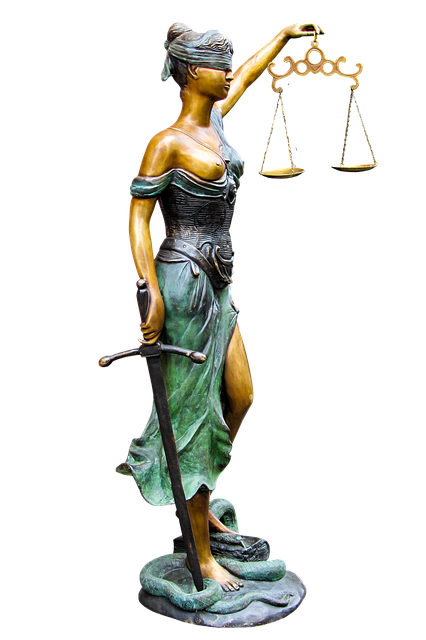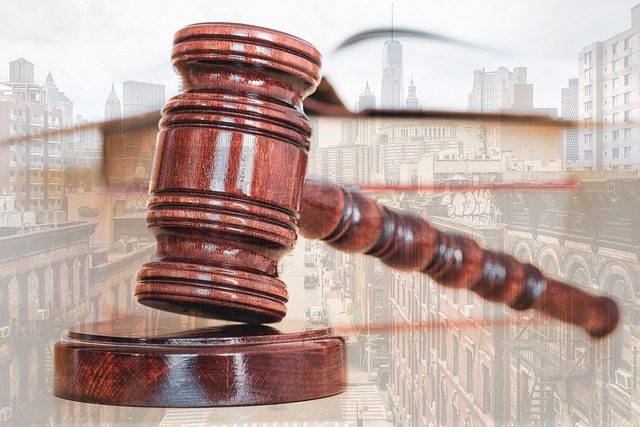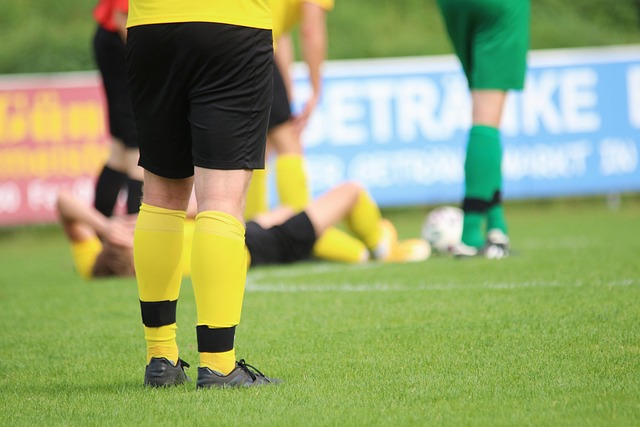Injury mediation relies on neutral mediators to ensure fairness between disputing parties in personal injury cases, avoiding costly litigation. These mediators create a safe space for open discussion, manage negotiations, and steer conversations towards productive resolutions. Especially in complex or sensitive cases, mediators balance power dynamics, encourage active listening, and clarify misunderstandings, facilitating mutually agreeable settlements outside of court.
In the realm of personal injury mediation, mediators play a crucial role in facilitating settlements between parties. Maintaining neutrality is essential for ensuring a fair process. This article explores the strategies and challenges faced by mediators as they navigate complex injury cases, upholding their duty to remain impartial. We delve into the ethical considerations that define their role, highlighting the importance of neutrality in reaching mutually agreeable resolutions in personal injury mediation.
- Understanding the Role of Neutrality in Personal Injury Mediation
- Strategies Mediators Employ to Maintain Impartiality
- Challenges and Ethical Considerations for Neutral Mediators in Injury Cases
Understanding the Role of Neutrality in Personal Injury Mediation
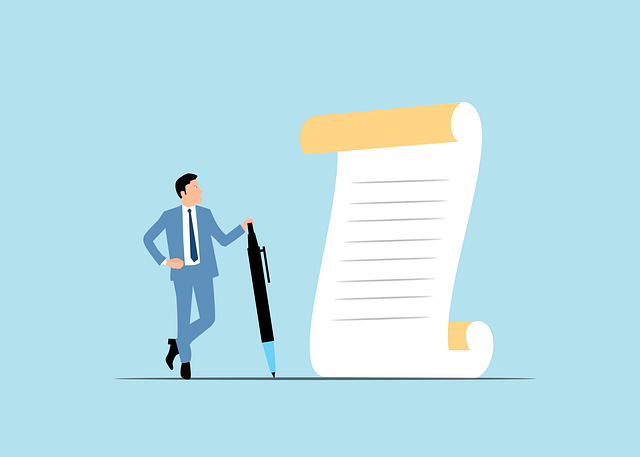
In personal injury mediation, neutrality is a cornerstone principle that ensures fairness for all parties involved. Mediators act as impartial third-party facilitators whose primary role is to help disputing individuals reach an agreement outside of court. This involves managing the negotiation process, keeping open lines of communication, and ensuring every party’s voice is heard. By maintaining neutrality, mediators create a safe environment where plaintiffs and defendants can discuss their differences openly, focusing on finding common ground rather than exacerbating conflicts.
Understanding the importance of remaining neutral is especially crucial when dealing with sensitive cases like truck accident injuries, serious injuries, or nursing home abuse. These situations often involve intense emotions and complex legal issues. Neutral mediators help to balance the power dynamics between parties, preventing one side from dominating the conversation. They encourage active listening, clarify misunderstandings, and guide discussions toward productive avenues, ultimately aiming to facilitate a resolution that meets the needs of all involved while avoiding costly and lengthy litigation.
Strategies Mediators Employ to Maintain Impartiality
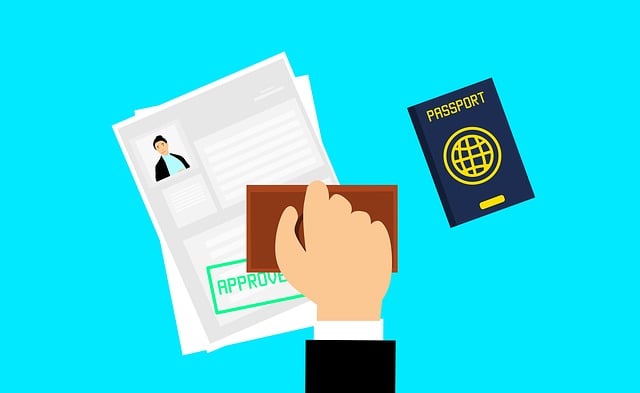
Mediators play a pivotal role in resolving personal injury cases through injury mediation, serving as impartial facilitators between opposing parties. To maintain neutrality, mediators employ several effective strategies. Firstly, they create an open and safe environment where both sides feel heard and respected. This involves active listening, ensuring each participant has ample opportunity to express their perspective without interruption or bias.
Additionally, mediators remain objective by focusing on the facts and issues at hand, encouraging constructive dialogue rather than adverse arguments. They carefully navigate the discussion, balancing the needs and interests of both parties, and help identify common ground. By maintaining a neutral stance, mediators facilitate a mutually agreeable solution, where all involved can find closure or resolution without relying on traditional legal representation or escalating an insurance coverage dispute. This approach ensures a fair process, even in complex cases involving car accident lawyers and their clients.
Challenges and Ethical Considerations for Neutral Mediators in Injury Cases

Injury mediation brings together parties involved in personal injury cases to reach a mutually agreeable resolution outside of court. Neutral mediators play a pivotal role in this process, guiding discussions and ensuring all voices are heard. However, their neutral stance presents unique challenges and ethical considerations. Mediators must navigate complex dynamics, including balancing the interests of plaintiffs and defendants, especially when sensitive issues like defective products or wrongful death claims are on the table.
The mediator’s primary responsibility is to facilitate a fair and equitable negotiation process while upholding their duty of neutrality. This involves carefully managing expectations, ensuring transparency, and maintaining impartiality throughout. They must be vigilant against any potential conflicts of interest, particularly when dealing with cases involving fiduciary duty breaches, where trust and accountability are paramount. Ethical guidelines strictly prohibit mediators from advocating for any party, requiring them to remain objective even in emotionally charged situations, ensuring every participant has a chance to present their case unencumbered.
In the realm of personal injury mediation, maintaining neutrality is paramount. By employing strategies that foster objectivity, mediators ensure a fair process for all parties involved. Despite challenges and ethical considerations, their impartiality remains crucial for reaching just and mutually agreeable settlements in injury cases. Understanding these dynamics equips both mediators and participants with the tools to navigate complex negotiations effectively, ultimately enhancing the effectiveness of injury mediation as a whole.
